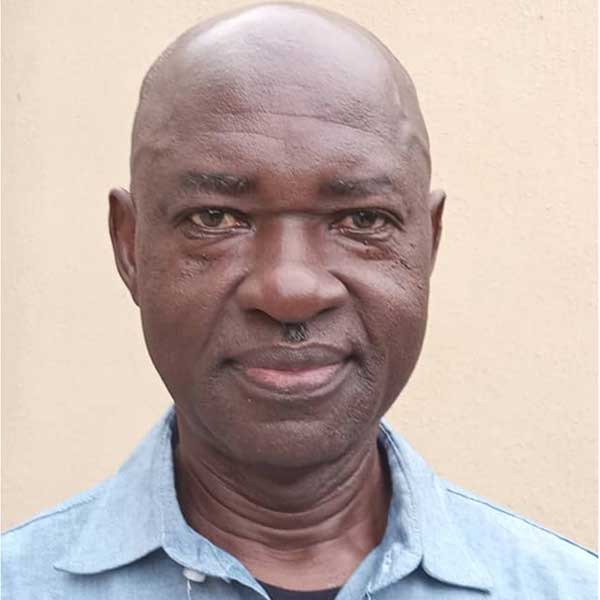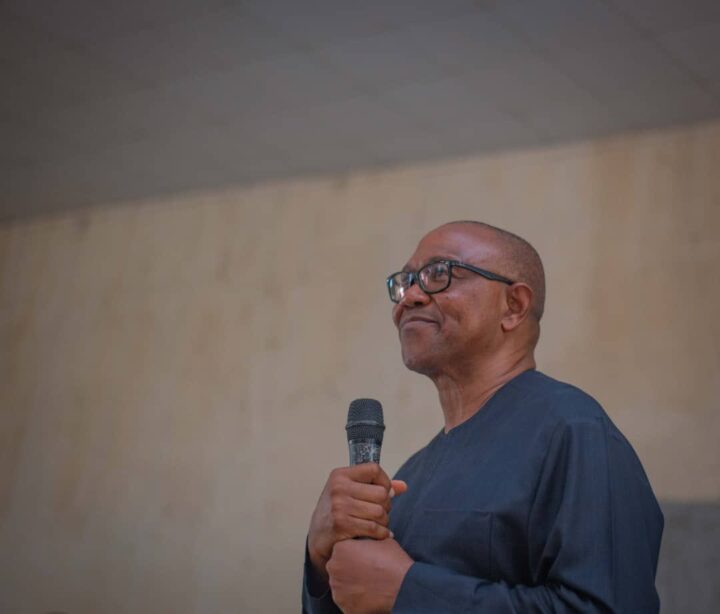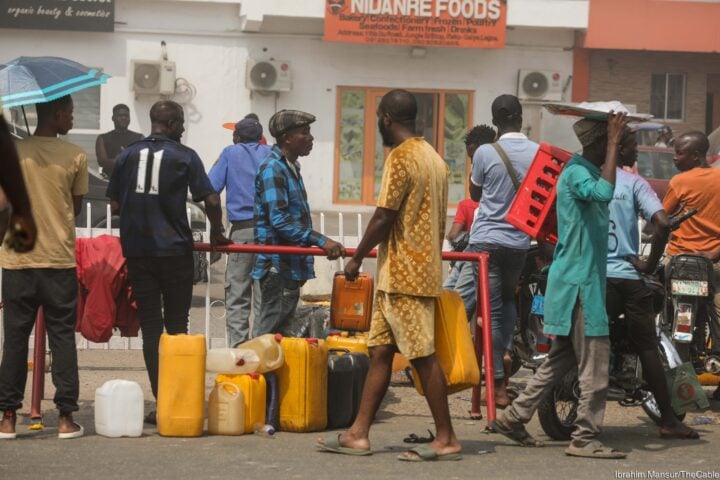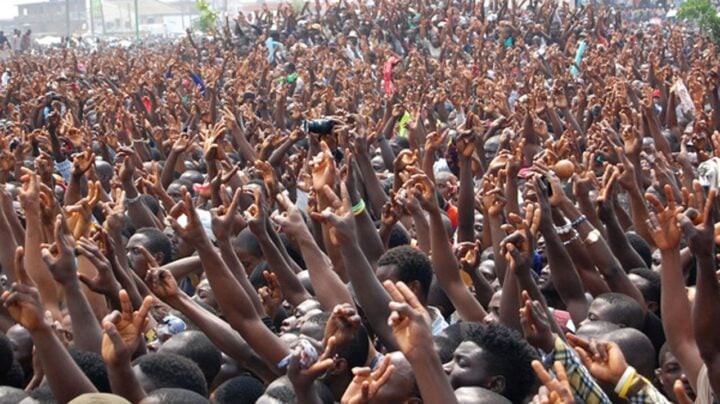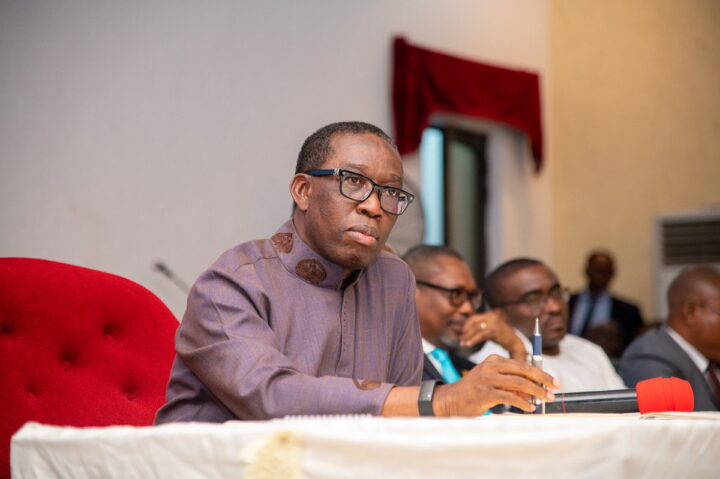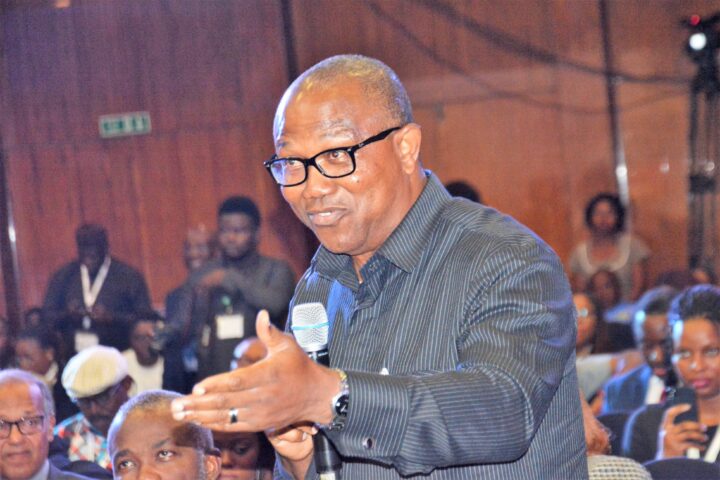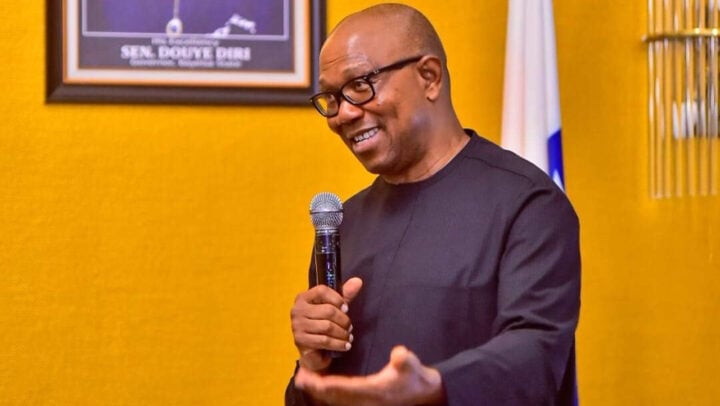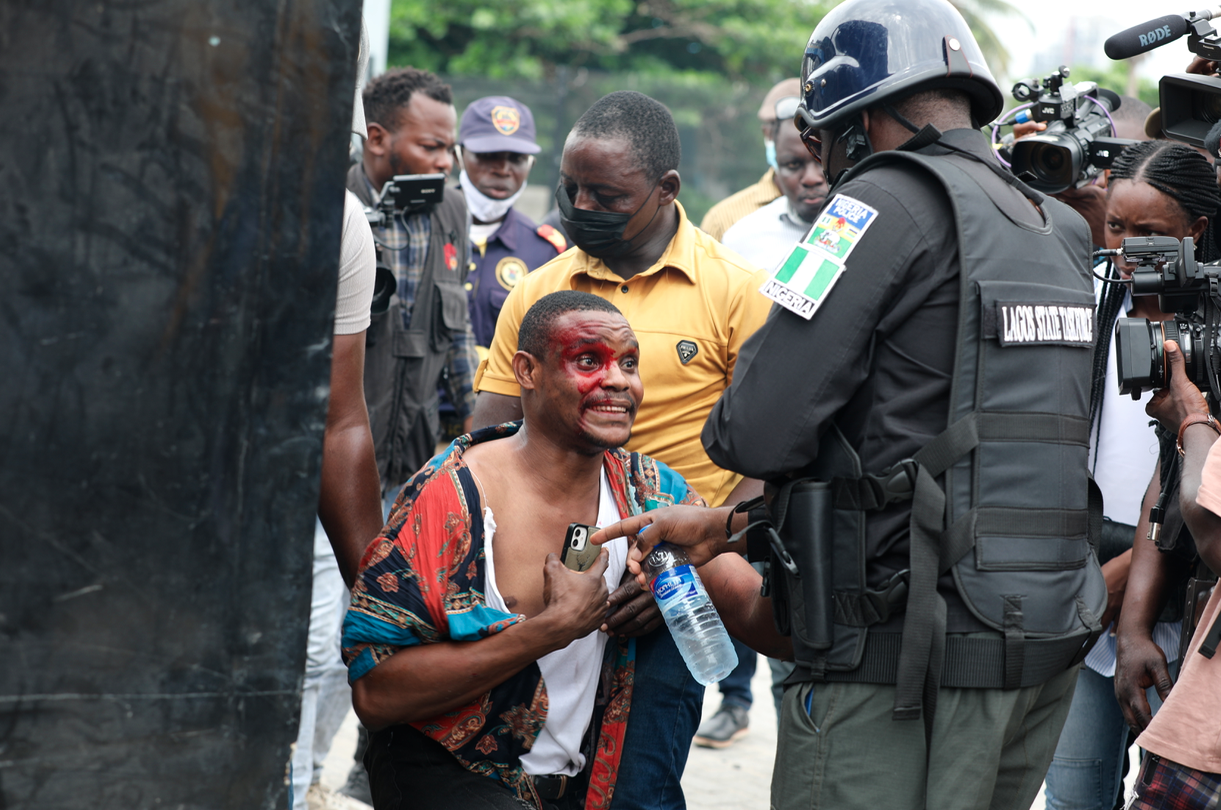In a matter of weeks, a former Governor of Anambra State, Mr Peter Obi, has assumed the status of a folk hero on the Nigerian socio-political scene. The journey to this point is both planned and dramatic. After losing the 2019 election as the vice-presidential candidate of the Peoples Democratic Party (PDP), he did not leave the stage like most of his colleagues. He stayed connected to the people by taking advantage of private and public functions to explain his convictions about the problems and prospects of the country. Strategic, though not elaborate, communication ensured that the image of a very knowledgeable person, passionate about leading Nigeria out of the woods, was created – to some degree.
Fast forward to last month. As the PDP prepared for its presidential primary, it became clear to watchers of the intriguing, and sometimes vicious, game of politics that the battle for the top ticket would be of epic proportions. All the signs that dollars and naira, in addition to cold sectional calculations, would determine the outcome were visible to discerning eyes. Obi, a shrewd businessman, manager and administrator, decided that he stood no chance in the midst of political whales and sharks.
His departure from the main opposition party few days to that contest and eventual emergence as the presidential standard bearer of the Labour Party (LP) have been expectedly praised by some people and criticised by others. At any rate, his movement from the All Progressives Grand Alliance (APGA), the platform that gave him the governorship, to PDP and now LP, is very much characteristic of our polity, a practice that has since evolved into a thriving culture.
If Obi had stayed back in the PDP, would the Presidential Candidate, Alhaji Atiku Abubakar, have picked him as his vice? If yes, would that have made them a perfect pair as some people believe? Why did he leave a huge and structured organisation that once boasted to be Africa’s largest political umbrella for a much smaller group? Belated and not too useful as these posers may appear, they are necessary in attempting to decode the character and political fortunes of a man who can no longer be ignored and also understand the sociological configurations that have conspired to make him someone to watch in the race towards the 2023 polls.
Advertisement
It is instructive that Obi has not claimed to be a messiah. Political office seekers who did so directly or otherwise or were cast in that mould in the past failed woefully. Yet, the surge in his support base is growing and does not show signs of waning. The somewhat manic following he enjoys at the moment, most notably among young people, can be situated within the nation’s present precarious profile. In despair, some people have since concluded that President Muhammadu Buhari has achieved nothing. Truly, it is difficult for anybody who has been at the receiving end of the numerous adversities facing the country today to think clearly, not to talk of judging fairly. I would rather see Buhari as someone whose best plans and actions have been overshadowed by the rampaging forces of lack, decaying socio-economic infrastructure, diminution of self-worth and life itself, centrifugal tendencies, and a rapid loss of hope in the future.
That last point, more than any other, is what seems to energise the followers of Obi, now proudly called the “Obi-dient” generation. I sense some déjà vu here. In 2014, the Boko Haram onslaught under the government of President Goodluck Jonathan was at its fiercest. Corruption was perceived to have defied all known controls. Macro-economic indices were beginning to falter. Government borrowing to pay salaries, an early flag for bankruptcy, had begun. Desperation was written on individuals, families, institutions and communities. It was the quest for salvation that fuelled the gravitation towards Buhari who had cut the image of a competent general and an anti-graft crusader. As Buhari’s tenure gradually winds down, the results of his leadership and interventions will for long remain subjects of interrogations at various fora.
I am afraid that we are now back to where we were eight years ago, perhaps in heightened degrees, in terms of dashed dreams, endangered existential variables and search for a deliverer. As things stand, Obi, whose support is on steroid, especially on social media, has at least three more politically exposed men to contend with. Abubakar, Asiwaju Bola Tinubu, Presidential Candidate of the All Progressives Alliance (APC) and Alhaji Rabiu Kwankwaso of the New Nigeria Peoples Party (NNPP) were all many years in the terrain before Obi’s entrance. Underrating them should, therefore, not be contemplated. Depending on how well the elements are galvanised to favour Obi, however, the intimidating pedigree of his opponents can even become disadvantageous to them. Reason: They all belong to the old order which the teeming disempowered youths of Nigeria blame often and squarely for their abject conditions.
Advertisement
Luckily for Obi, he has somehow managed to connect not only with young adults but also other demographic segments and discuss relevant issues in relatable ways. Even with that, to assume that majority of the youth population will automatically become active voters and queue behind him would be to live in the skies. We cannot stop those whose job it is to promote the deeds of the government but there is enough angst in the land to propel him into Nigeria’s topmost position next year if the critical factors are properly exploited. This country is now in its most polarised state. Among the four frontrunners mentioned, Obi is the only Christian. His handlers have a duty to package him not as representing any religion or region but as a nationalist. President Jonathan who took his campaign to churches in 2015 can now testify that God is for all human beings in matters of earthly authority, after all.
The LP candidate needs to rise to the challenges that come with being his party’s leader. Meaningful mobilisation can happen in the seven to eight months before the polls. His inability to strike the right chord with the political class in his own home zone must have given him the enormous picture of nationwide networking. And his swelling army of internet supporters should also be guided into actual participation in the electoral processes. Obi’s slogan of moving the country away from consumption to production cannot be faulted. His capacity for fiscal discipline and prudent management of resources is needed to pull Nigeria back to the path of recovery. The ‘generosity’ of his opponents has not rescued tens of millions of citizens from penury, so, no tag of stinginess should bother him. Not much is known about his ability to arrest the nation’s largely unchecked descent into insecurity and anarchy, though.
In many other countries, when the people are united by broken political promises and other vicissitudes, they simply rise above their differences and act to achieve real change. Even though Nigerians have done same at some points, many can be indifferent and cynical too. It is Obi’s responsibility to give such people enough reasons to believe again and get involved. In many ways he stands apart from his main rivals. He has a golden opportunity to maximise the moment and avoid ending up as a psychological president.
Dr Ekpe is a member of THISDAY Editorial Board
Advertisement
Views expressed by contributors are strictly personal and not of TheCable.
Add a comment
